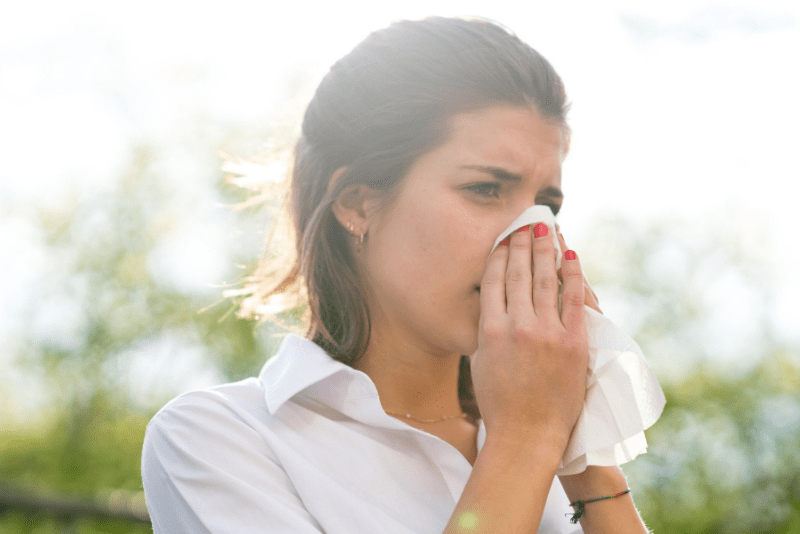Finding relief from persistent symptoms is a top priority for many allergy sufferers. If this is true for you, you may wonder whether over-the-counter (OTC) medications could do the trick or if you need a more heavy-duty treatment such as allergy shots.
Advantages of Allergy Shots Over OTC Meds
Over-the-counter medications can be effective in reducing allergy symptoms such as runny nose, sneezing, itchy eyes and congestion. However, the relief they offer is generally short-lived with many medications lasting just 24 hours, meaning that you have to take them daily. How do allergy shots differ?
They can provide long-term relief from symptoms triggered by seasonal allergies, indoor allergens and even insect bites. Therefore, allergy shots can be a good option if you’d like to cut down on your long-term use of allergy meds.
They may also be necessary if you’ve been unable to find OTC medicines that successfully keep your symptoms under wraps or you can’t avoid the allergens that trigger your symptoms.
In fact, allergy shots are the closest thing we have to a cure for allergies. They are also more cost effective than a lifetime of OTC medication. To put it plainly, medicines are simply a band-aid for your symptoms, while allergy shots can make a positive impact on your immune system for the long haul.
How Do Allergy Shots Work?
Allergy shots are a form of immunotherapy. Within each allergy shot is a small amount of the allergen that triggers your symptoms. While not enough to lead to a full-blown allergic reaction, it is enough to stimulate your immune system and is tailored specifically for you.
Over time, as your board-certified allergist increases the dose of allergens in each shot, your body builds up a tolerance for them, which results in a reduction of symptoms or even complete desensitization.
Allergy Shots: What to Expect
Generally, allergy shots are injected into the upper arm and are administered in two phases. The first usually takes three to six months. During this period, shots with higher allergen doses each time are administered one to three times a week. Then, during the maintenance phase, which lasts three to five years, you’ll receive a shot monthly.
What results can you expect from this form of treatment? While your symptoms will not go away overnight, most patients see significant improvement within the first year of treatment and even more progress thereafter. By year three, most people are desensitized to the allergens contained in the shots and no longer have significant allergic reactions to those substances.
While some need ongoing immunotherapy treatment to keep allergy issues under control, some can discontinue treatment after the three to five-year period without the return of allergy attacks. In either case, it’s always a welcome relief for our patients not to have their lives constantly interrupted by runny nose, sneezing, skin rashes, congestion and the laundry list of other unpleasant symptoms caused by allergens.
Would you like to discuss whether allergy shots would be an appropriate treatment for you? Contact us today to schedule an appointment with one of our board-certified allergists.
Sources:
https://www.mayoclinic.org/tests-procedures/allergy-shots/about/pac-20392876




